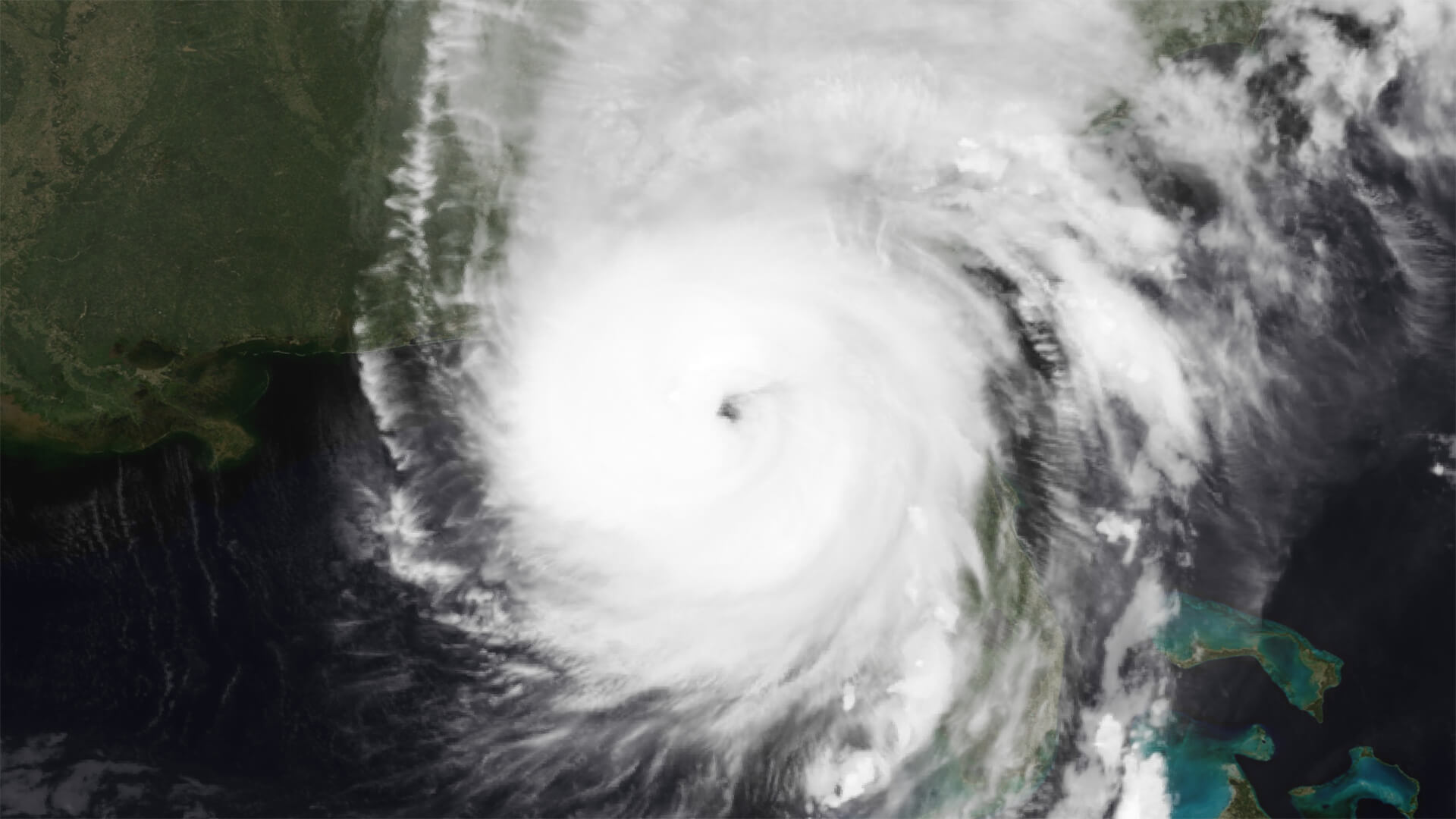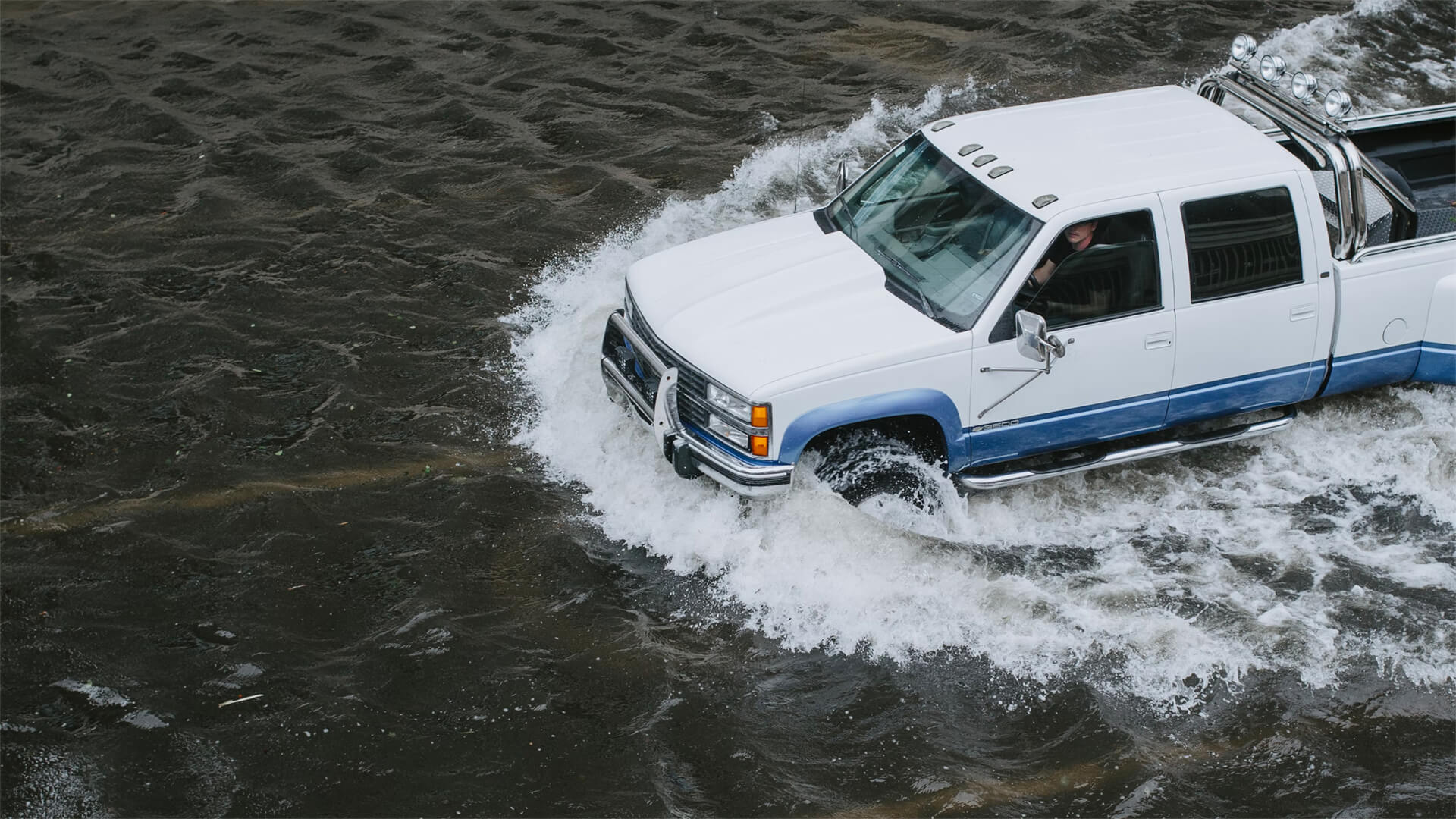You’re about to watch a free video on factors impacting the US election, but before you do, learn how you can get access to the most recent videos and support a good cause in the process…
All proceeds for the remainder of this calendar year from all new subscriptions on Patreon between now and November 1, will be donated to MedShare International. That means you can get access to the daily videos, news digests, community forum and live Q&A, and your money will be going directly to support those in need.
You can click the link below to join us on Patreon or donate directly to help support MedShare’s efforts.
I know everyone wants constant updates on the upcoming US election, and if you haven’t figured this out by now, that’s not really my shtick. However, I will offer a couple factors that could influence the outcome of this election.
First, we’ve got the severe damage to infrastructure in the swing states of Georgia and western North Carolina caused by Hurricane Helene. While this might not seem like something that would impact the election, these highly Republican areas are sensitive to voter turnout, to the point where a few thousand votes could change the result.
The bigger factor to watch is organized labor and the business community. Neither of these factions are fully aligned with a major party, so that puts a lot of votes up in the air. Expect these factions to act as swing voters and introduce a hefty amount of volatility to the political landscape.
Here at Zeihan On Geopolitics we select a single charity to sponsor. We have two criteria:
First, we look across the world and use our skill sets to identify where the needs are most acute. Second, we look for an institution with preexisting networks for both materials gathering and aid distribution. That way we know every cent of our donation is not simply going directly to where help is needed most, but our donations serve as a force multiplier for a system already in existence. Then we give what we can.
Today, our chosen charity is a group called Medshare, which provides emergency medical services to communities in need, with a very heavy emphasis on locations facing acute crises. Medshare operates right in the thick of it. Until future notice, every cent we earn from every book we sell in every format through every retailer is going to Medshare’s Ukraine fund.
And then there’s you.
Our newsletters and videologues are free and we will never share your contact information with anyone. All we ask is that if you find one of our releases in any way useful, that you make a donation to Medshare. Over one third of Ukraine’s pre-war population has either been forced from their homes, kidnapped and shipped to Russia, or is trying to survive in occupied lands. This is our way to help who we can. Please, join us.
Transcript
Hey everybody. Peter Zeihan here, coming from Washington, D.C. That is the Rose Garden behind me at the White House. And of course, there’s a new layer of security that wasn’t here last time I was here, so you can’t see anything. So instead, we’re going to put the Treasury Department or ours. At least, it’s a, you know, pretty building.
Anyway, a lot of you have been asking me to give you an update on my assessment for the election, and I’m just not going to do that. I gave my assessment two years ago. It was based on structural factors, and those structural factors haven’t changed. And if you want a blow-by-blow of what’s going on precinct by precinct, I am not the guy to do the hot takes.
But I will tell you two things: one on a micro fact that is likely to impact this election, and the second one is on the broader trend that will affect future elections. So first, the micro effect. When Hurricane Helene rushed in from the Gulf, it did something that most hurricanes didn’t do and maintained significant strength even when it was a couple hundred miles inland.
Normally, when you have a storm surge on the tornadoes and the wind and the rain, you devastate an area of the coast. Then, when it’s time to pick up the pieces and repair the damage, the first thing you do is get the interstate corridors back up and running and then move on to the secondary roads. Most coastal regions, particularly in the Gulf, are pretty flat, so that’s not too hard to do.
The devastation can be immense, but once you get the road arteries back up and running, things aren’t so bad. But when you move inland and start hitting the Appalachians, you’re in a different situation. It’s not flat, and you don’t have a grid network for roads where they’re all over. You have very specific roads following very specific corridors.
And if you dump two feet of rain in those zones, the rain washes off the mountains, gets into the streams, and river levels can rise by 20-30 feet or more and wash everything away. That is exactly what happened in northern Georgia and western North Carolina. Now, in both cases, we’re looking at years before the physical infrastructure is repaired and probably more than another month before we even get a reasonable damage assessment.
And why that matters to this election specifically is that northern Georgia and western North Carolina are among the reddest of the red areas in the country. Both North Carolina and Georgia are swing states this time around. So, the idea that you can have several million voters, and have a few hundred thousand, who, for whatever reason, can’t vote because of physical infrastructure conditions, in races where just 10,000 votes might separate the winner from the loser—you can see how that can tilt the election pretty easily.
The second thing that’s longer term is what’s going on with organized labor and the business community because right now, neither of those factions are part of either major party. Donald Trump pushed the business community out of his coalition for being, from his point of view, unnecessarily disloyal.
And the unions are kind of in flux between the Democrats and the Republicans. They’ve got kind of a foot in both camps but are not really committed one way or the other. If you remember, the Teamsters President—big union in the United States—actually endorsed Trump live on stage at the Republican National Convention. And in the most recent court strike, the Biden administration refused to take a trust-busting action against the unions.
In an attempt to draw the unions back into the Democratic coalition, both factions are very much in play. This has never happened before in human history because these two factions, their arguments, and their compromises, form American economic policy. And the idea that one wouldn’t be part of one coalition or the other is strange, but both at the same time? Not reasonable. Not sustainable.
If you look at either the Trump administration or the Biden administration and wonder why their economic policy seems batshit crazy, that’s why. The people who have traditionally done the math as part of economic policy formation are not in the room. Now, this is, like I said, not sustainable. Sooner or later, one or both of these factions are going to either rejoin one or both of these coalitions or form their own, and we will have a reorganization of American politics.
Now, there’s nothing about this that is odd. We’ve done this five times in American history already. This will be the sixth reorganization, and it will form what will be known as the seventh party structure. But until that happens, both of these factions, arguably historically the most powerful factions on both sides, are in play. The business community has always been the backbone of the Republican coalition, and organized labor has always been the backbone of the Democratic coalition, or at least since the last reorganization.
So this will not last. But until such time as these factions are back as part of the political process, they are functionally swing voters. And that makes this election a lot more volatile than it would have otherwise been.
Okay, that’s it for now.



